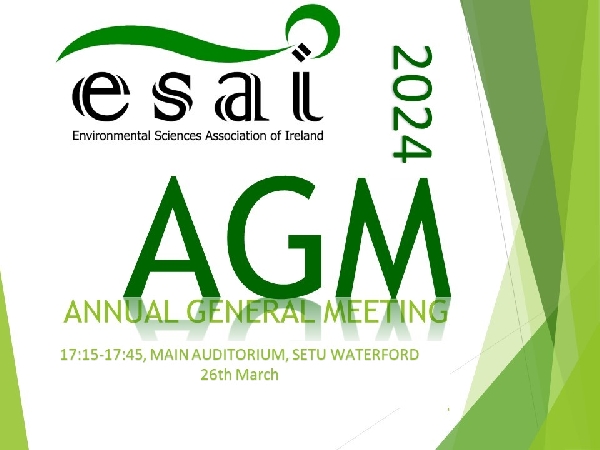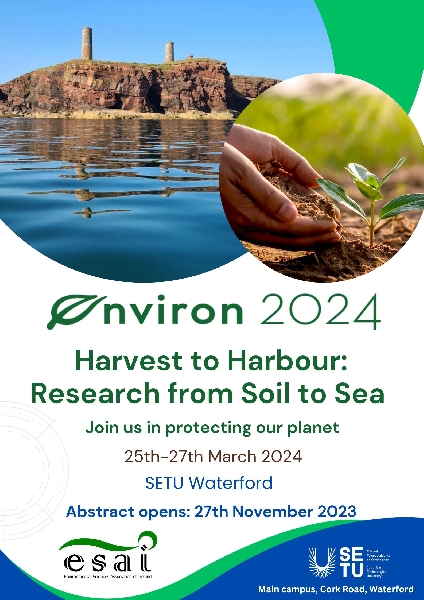
I have heard several people claim recently that more data has been produced or recorded in the last 3 years than in the rest of history combined. What then will the future hold? And how we take advantage of this hyper-data avalanche to mitigate pressures on the environment? For my Dissertation this year for a M.Sc. in Coastal & Marine Environments in NUIG I decided to take advantage of some of the data that can be produced from peoples’ smartphones by developing volunteer skills to contribute to the production of knowledge through the lens of “Citizen Science”.
Although in anthropogenic history the production of knowledge has typically been a top down process, particularly that of mapped and known spatial information about our world, today ordinary “Neogeographers” can collect, process, crowdsource and produce detailed geospatial information about our world. Hopefully this knowledge can be used to elicit greater public understanding of environmental issues and thus (again, hopefully), to instruct changes in human and institutional decision-making and behaviour. Although the early Citizen Science projects have been criticized for issues of data quality, with advances in technology and education, several Citizen Science projects have already collected highly cost-effective, widespread and highly detailed data that small teams of scientists simply cannot produce due to spatial, temporal and financial restrictions.
To advance public interest and my own capacity to implement and facilitate Citizen Science, I was awarded support this year from The ESAI/EPA, The Marine Institute, The Societies Office in NUIG (@NUIGeography) and The COST ENERGIC Action IC1203 who all facilitated the movement of students and experts in Citizen Science to share knowledge and practices on Citizen Science activities at no cost. We embarked on a research visit to Inis Oirr to sample biodiversity and spotted dozens of bottlenose dolphins along the way.
By Sean Lynch, NUI Galway

This year’s Environmental Sciences Association AGM will be held during Environ 2024 in SETU Waterford. All are welcome. Date:...
Read More
ENVRION 2024: 34th Irish Environmental Researchers Colloquium 25th-27th March 2024, in conjunction with South East Technological University, Waterford....
Read More